-
Gastroenterology Advanced Digestive Care
-


Digestive issues like bloating, acid reflux, constipation, or stomach pain can disrupt your life fast. At RAK Hospital, our expert gastroenterologists help you get to the root cause—fast. Whether it’s a minor gut imbalance or a complex liver disorder, our GI specialists provide accurate diagnosis and effective treatment.
We treat everything—from IBS, ulcers, hepatitis, and GERD to more serious conditions like Crohn’s disease, fatty liver, and pancreatic disorders. If it affects your stomach, intestines, liver, or pancreas, we have the tools and expertise to help.
Our center is equipped with the latest endoscopy, colonoscopy, and imaging systems. That means faster results, safer procedures, and less downtime. We also use minimally invasive techniques to reduce pain and speed up your recovery.
If you’re searching for a trusted gastroenterologist, stomach doctor, or liver specialist in Ras Al Khaimah, RAK Hospital brings top-tier digestive care to your doorstep. Book your appointment today and take control of your gut health.

Treatment of diseases of the liver, gallbladder, biliary tree, and pancreas.

Treatment of pancreatic disorders, including pancreatitis and pancreatic cancer.
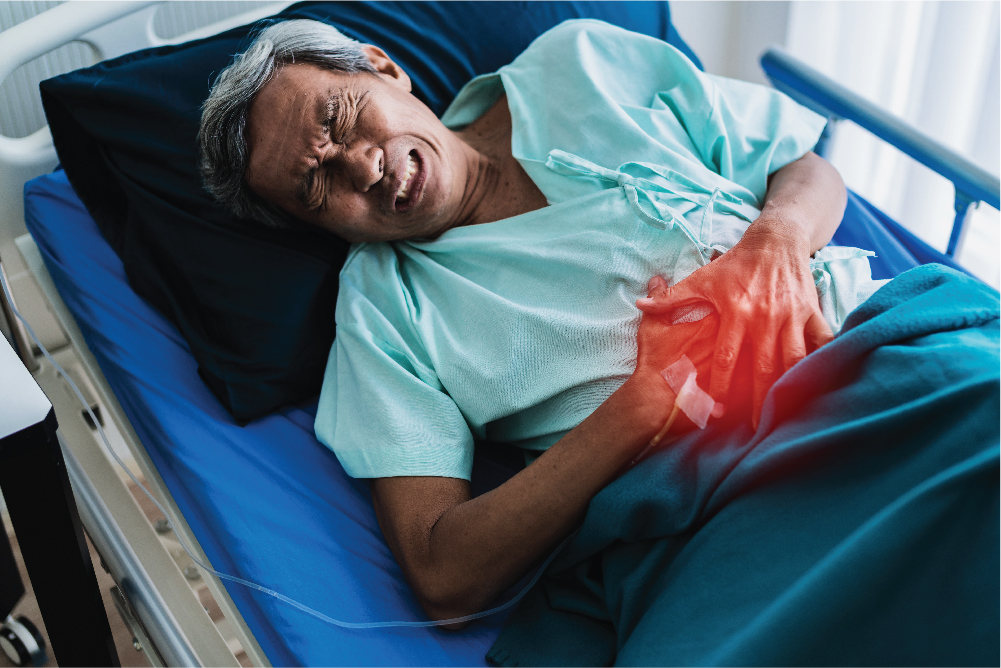
Diagnosis, treatment, and management of chronic inflammatory conditions of the gastrointestinal tract, such as Crohn's disease and ulcerative colitis.
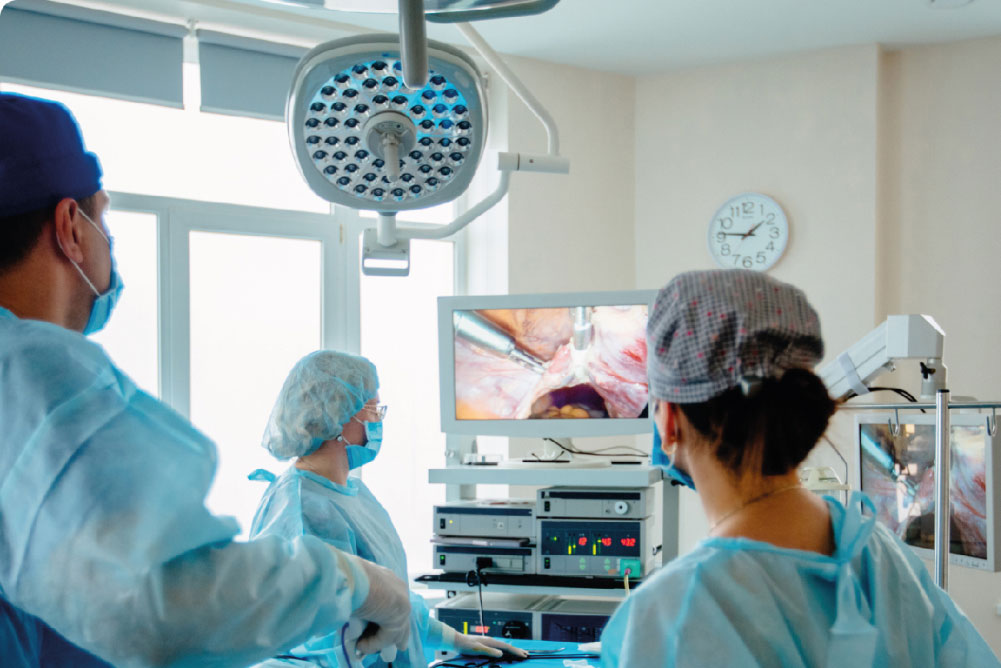
A flexible tube with a light and camera used for visualizing and examining the gastrointestinal tract, including performing procedures like endoscopy, colonoscopy, and ERCP (endoscopic retrograde cholangiopancreatography).
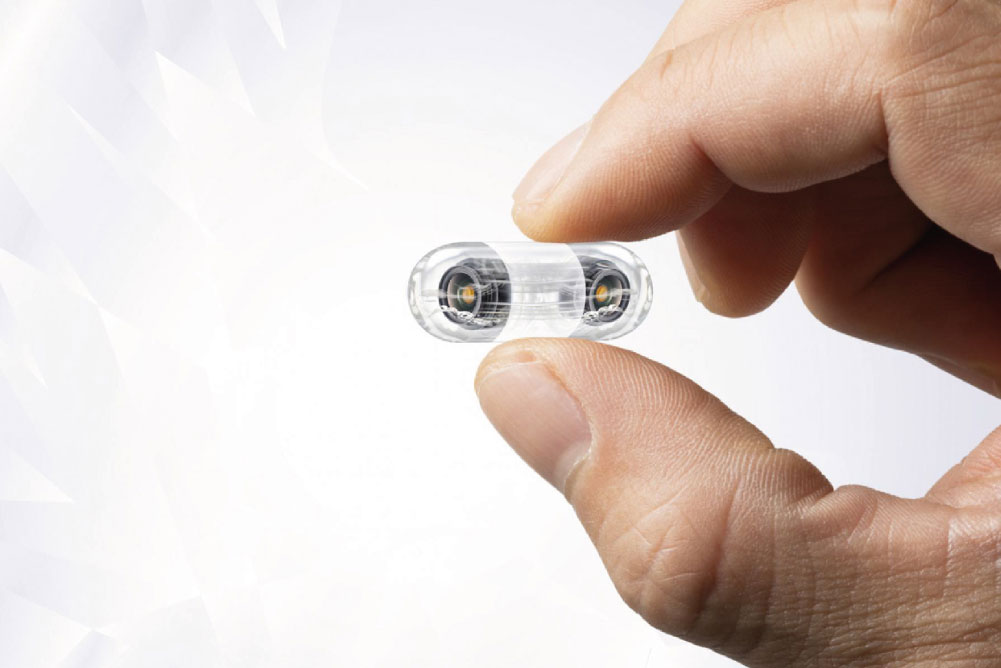
A swallowable, wireless camera capsule that takes thousands of images of the digestive tract, particularly useful for examining the small intestine.

A cutting-edge, non-invasive diagnostic tool designed to evaluate liver health by measuring the extent of fibrosis (scar tissue) present.
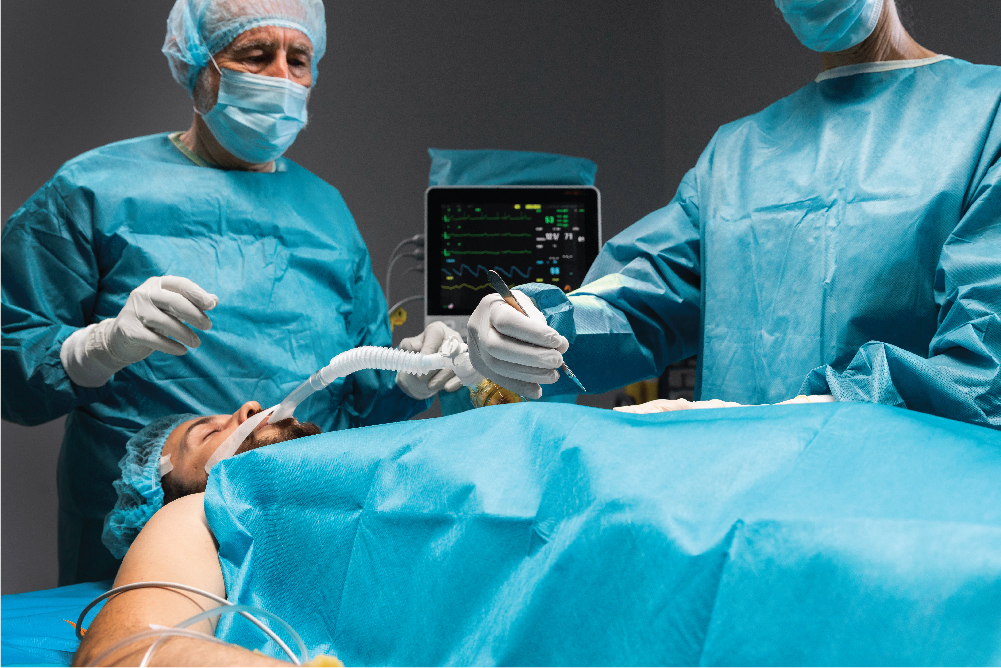
A flexible tube with a light and camera used for visualizing and examining the gastrointestinal tract, including performing procedures like endoscopy, colonoscopy, and ERCP (endoscopic retrograde cholangiopancreatography).

A swallowable, wireless camera capsule that takes thousands of images of the digestive tract, particularly useful for examining the small intestine.
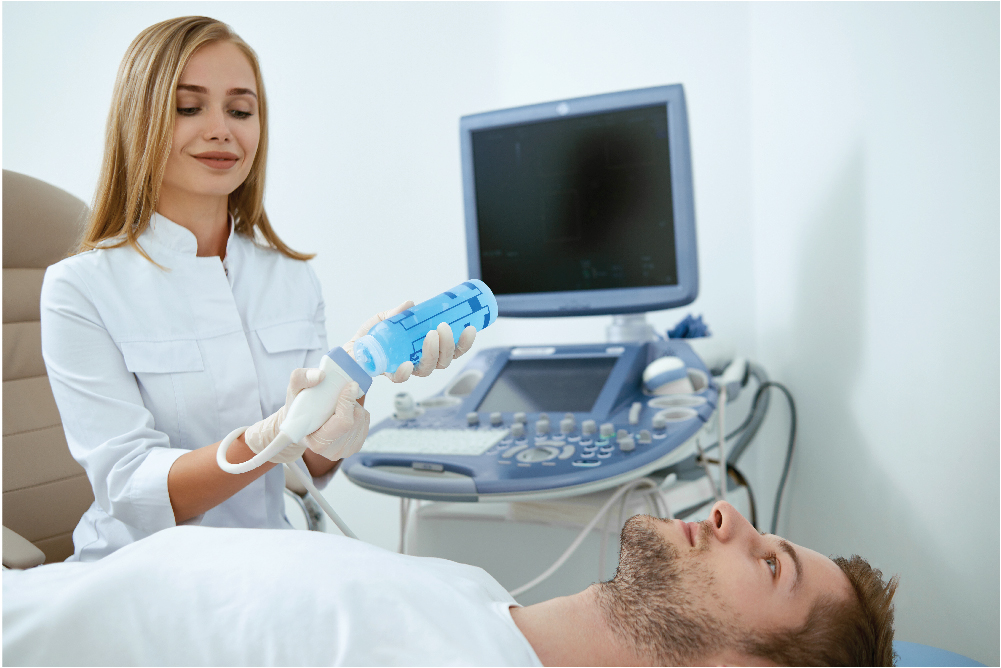
Advanced ultrasound machines, including endoscopic ultrasound (EUS), are used for detailed imaging of the gastrointestinal organs, aiding in diagnosis and guiding interventional procedures.